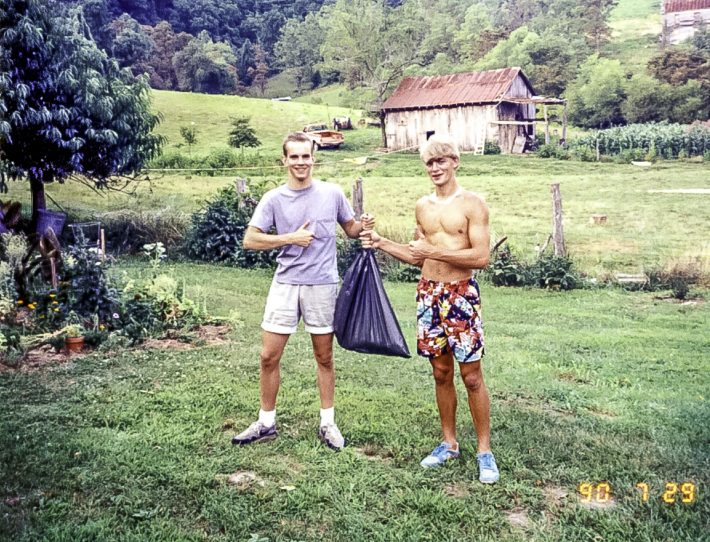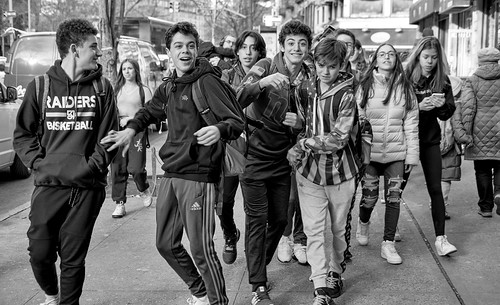You shouldn’t use a student’s behavior as a good example of bad behavior, but I did just that today. We’d finished early, and I was talking to the kids about three questions we should all ask ourselves before speaking:
- Does it need to be said?
- Does it need to be said by me?
- Does it need to be said by me now?
The motivation for this gem of advice was from a young lady who speaks her mind — literally. If it comes into her head, it soon comes out of her mouth.
It can be disruptive, to say the least.
As I was talking about the first question, another student made an unrelated comment to our talker.
“See?” I said to the girl J and class, “that was a time when the answer to the question ‘Does it need to be said?’ was probably ‘No.'” I said that and thought, “Perhaps I shouldn’t have said that.”
And on cue, the girl starts up with the disrespectful arguing: “I was talkin’ quietly. I wasn’t botherin’ you or interrupting anything.”
“Perhaps, but you certainly are now,” I smiled. I glanced over at one of the most studious kids in the class, a girl I already think I’ll remember for the rest of my teaching career, such is the positive impression she’s made with her work ethic and charming personality. She was aghast.
“Make the tension go away!” her face begged.
So I attempted to do that: “It’s okay,” I laughed to the class. “J and I had this all planned as a good bad example.” And I thought, “Please, girl, for the love of all that’s possessing common sense, realize the out I’ve given you, fake a smile, and say, ‘That’s right, Mr. S.’ We’ll drop it. You’ll save face. I will have deflected a challenge to my authority. Everyone else will take a breath and think, ‘God, I’m glad that’s over.’ We’ll all win.”
“No, we didn’t!” she blurted out loudly.
It was really difficult restraining that laughter bubbling up inside me…















